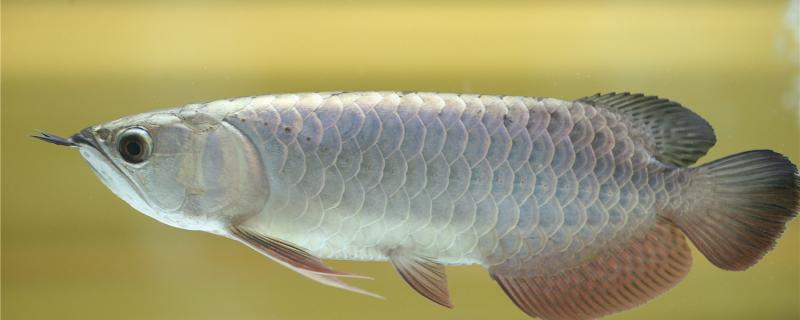 1. Loose scale disease
1. Loose scale disease 1. Reason: The blackening of Arowana may be due to loose scale disease, which is mainly due to too much temperature change or poor water quality. For example, when changing seasons, the temperature difference between morning and evening is large, and when they are stimulated, they will suffer from loose scaly disease. . There is also the poor water quality, bacteria in the water, which will also lead to pine scale disease. The obvious symptoms of silver arowana after getting pine scale disease are black fish body, rough body surface and erect scales.
2. Treatment: If the pine scale disease of Arowana is not serious, the breeder can add sea salt to the water first, but the concentration of sea salt should not exceed 5%. Then raise the water temperature to 32 ℃, and turn on the oxygen pump to ensure sufficient dissolved oxygen in the water. As long as the loose scale disease is not serious, it can be recovered in a few days. If the pine scale disease of Arowana is serious, the breeder needs to use yellow powder and furazolidone to give Arowana a medicated bath.
2. Color spots1. Reason: Blackness on silver arowana may also be color spots, and the color spots on them are the same as those on our human faces. Although it will affect the beauty, it will not affect the health.
2. Treatment: The breeder can observe carefully. If the activities and eating of Arowana are not affected, the breeder can avoid treatment. If you want to enhance the ornamental value, you can turn on more lights or bask in the sun, and you can also feed more foods such as shrimp and red worms in good years to make their body colors bright.